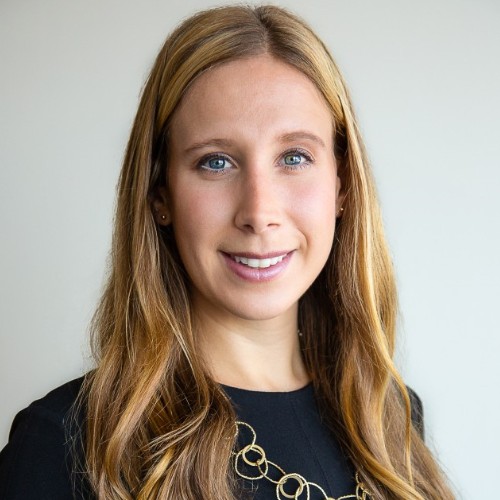By Carrie Sheffield
Women often say they don’t feel confident investing their own money. Smart Women Smart Money spoke with Carey Shuffman, head of the Women’s Strategic Client Segment at UBS, to give you the tools to set those fears aside. Enjoy her insights below!

Q: What are the first steps smart women do if they are first-time investors or just starting to think about investing?
I think the smartest thing that women – indeed all investors – can do if they are investing for the first time or just starting to think about investing is to take the time to really understand their current financial situation to determine how— and how much— they can invest. This also includes determining your goals – the why – and what you are trying to achieve through your money, which will ultimately motivate you to invest and stay invested. I’m often asked, “what should I invest my money in?” or “how much of my savings should I consider investing?” and my answer is always: it depends! First, you should understand your current cash flow – how much you have coming in (income) vs. how much you have going out (spending) – that will give you a sense of how much you’re saving and whether you’re in a solid position to begin investing, or provide a flag that you should be saving more or indicate the need to go through a more detailed budget exercise.
From there, I always encourage women to make sure they have an emergency fund—money readily available in case of the unexpected. A good best practice is having three to six months of your average monthly expenses put away for that emergency fund, and I’d go so far as to say you shouldn’t be investing money in the markets until you have that emergency fund prepared. From there, the first investment to make is an investment in your future in the form of retirement planning. I would encourage all women who have an employer-sponsored retirement program, like a 401(k), to make sure they are contributing to that each month—and if you have a company match, consider contributing enough into that 401(k) so that you max out your company match—otherwise you are leaving money on the table. If, after building up that emergency fund of savings and investing in your employer-sponsored retirement program or other retirement planning vehicles available to you, you have more money that you’d like to invest in the markets, then you want to revisit what your goals are for investing that money. Figure out your time horizon (e.g., do you want to access it in the short-term, let it grow over a longer period, etc.) and determine your risk tolerance. At that point, I’d suggest speaking with a financial professional to develop a financial plan, create a diversified portfolio that aligns with your goals and find suitable investment options for you.
Q: Why do you think some women report they are intimidated by investing? How do you recommend they overcome this mindset?
Our UBS Own Your Worth research has shown that many women don’t know where to begin when it comes to investing or report not feeling very confident in making investing decisions. Interestingly, 70% of the women we’ve surveyed at UBS said that they believe women as a whole overestimate what’s required to be financially engaged. I think part of the reason this dynamic exists is certainly based on historical/societal context—it wasn’t until the last ~50 years that real steps were taken in the U.S. to allow women to have equal financial footing to their male counterparts. For example, it wasn’t until 1974 that the Equal Credit Opportunity Act was passed, and that was less than 50 years ago!
In addition to that context, we see and hear from our research and anecdotally through our work in the Women’s Segment that there is a strong misperception that exists around finances and the financial services industry that you have to be an expert to be meaningfully involved in making financial decisions – and that isn’t the case! You don’t have to know or learn everything all at once—you can start with a specific topic or interest—and continue to build on that knowledge. You can also talk to a financial professional to help fill in any gaps or answer questions you may have. There are also tons of resources online to help you in whatever format you prefer learning—podcasts, books, videos, interactive modules, etc. You don’t study anatomy before starting a new workout regimen, and you don’t study nutrition before making a decision around healthy eating. And you certainly wouldn’t read an entire legal textbook before reaching out to a lawyer for a consultation if you need legal advice. So, I’d say we should all make a concerted effort to keep that in mind when it comes to money and investing – you don’t have to be an expert to get started or be engaged. And if we can also work on breaking down the taboo around talking about money, I think that would go a long way in making it a more accepted topic to discuss and seek advice on while increasing the comfort level and decreasing the intimidation level around all things financial.










